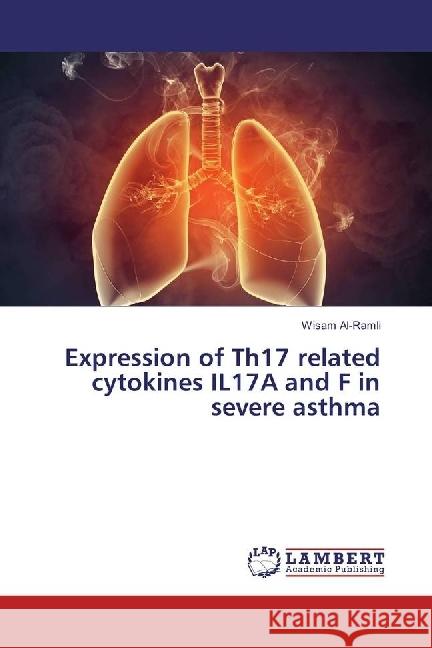Expression of Th17 related cytokines IL17A and F in severe asthma » książka
Expression of Th17 related cytokines IL17A and F in severe asthma
ISBN-13: 9783330038974 / Angielski / Miękka / 2017 / 104 str.
Severe asthma represents a distinct, poorly-understood phenotype of asthma that has higher morbidity, mortality and a disproportionate need for health care support. Studies have indicated the presence of a specific inflammatory response in severe asthmatics, including the paucity of expression of classical Th-2 type cytokines. Following antigenic stimulation, naive CD4+ T cells proliferate and differentiate into various effector subsets such as Th-1 and Th-2 cells. A third subset of CD4+ T cells has recently been identified and designated as Th-17 cells, which produce IL-17A and F, IL-6, and TNF-alpha. In severe asthma, there may be a predominant Th-17 phenotype. These cells may promote the release of neutrophil chemotactic factors and induce the expression of GR-beta, which is responsible for corticosteroid hyporesponsiveness in immune and structural cells. If the role of Th-17 cytokines is confirmed, it might provide a new option in controlling this refractory subtype of asthma.











